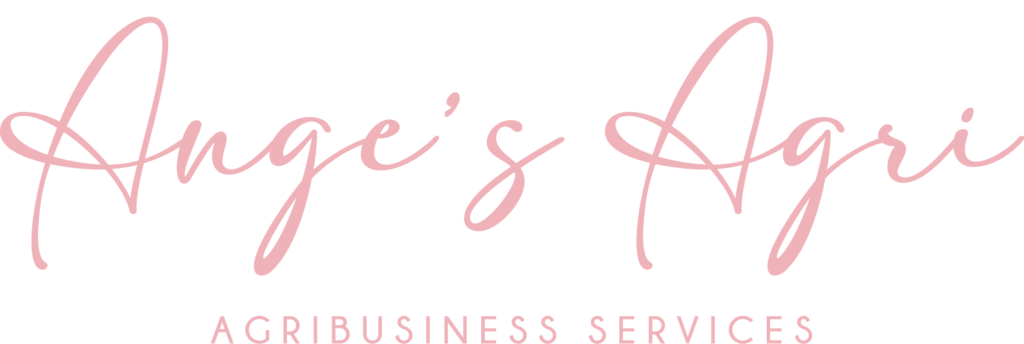Good HR policies are essential for agricultural enterprises to establish clear expectations and standards and protect the employer. According to the Employment NZ workplace policies, well-written workplace policies:
- Comply with New Zealand legislation.
- Are consistent with your enterprise’s values.
- Demonstrate that the organisation is being operated efficiently and businesslike!
- Ensure uniformity and consistency in decision-making and operational procedures!
- Foster stability and continuity
- Maintain the organisation’s direction even during periods of change!
- Provide the framework for business planning!
- Assist in assessing performance and establishing accountability!
- Clarify functions and responsibilities!
To help ensure your business runs smoothly, we’ve compiled a list of the top 5 essential workplace policies all agricultural companies should have:
- Health & Safety at Work Policy
Workplace injuries in agricultural businesses can vary in severity, from minor inconveniences to life-changing incidents. Both employees and employers must understand the serious consequences of workplace accidents and injuries. Prioritising safety measures is crucial to prevent such incidents from occurring. A comprehensive WHS Policy is not optional; in fact, it is legally required.
- Chemical Safety in the Workplace Policy
Some agricultural businesses may want to include a specific chemical safety policy in their documentation. The chemicals used in agribusinesses often pose health hazards if used or stored incorrectly. Under the WHS Act, a person conducting a business has the primary duty to ensure that the health and safety of workers and other persons are not put at risk from work carried out as part of the conduct of the business. This includes ensuring the safe use, handling, and storage of substances.
- Bullying, Harassment & Discrimination Policy
Did you know you are legally responsible as an employer for bullying, harassment, and discrimination in your business? To minimise this risk, having a comprehensive policy in writing is crucial. A good policy will help you define and outline behavioural standards in the event of complaints.
- Code of Conduct
Employees are representatives of your business, so you must outline the standards of behaviour you expect from them. A Code of Conduct outlines expectations around common issues, like dress code, phone use, and the use of company property. Having a clearly defined Code of Conduct helps demonstrate your values and manage conduct in the workplace.
- Drug & Alcohol Policy
While it may be clear that drugs and alcohol on company time can pose risks to your business, a drugs and alcohol policy is the best way to establish this. Drugs and alcohol policies will be different for every business, and expectations need to be clearly outlined.
Having clearly defined policies and expectations is the best way to ensure your business can handle common workplace issues in line with New Zealand legislation and regulations.
Ange’s Agribusiness offers services to help agricultural organisations identify risk areas and ensure compliance with New Zealand legislation.
https://www.employment.govt.nz/workplace-policies/health-and-safety-at-work/
https://www.worksafe.govt.nz/laws-and-regulations/acts/hswa/
We offer a range of policies that are tailored to meet the specific needs of your farm.
- On-farm Biosecurity policy
- Animal Welfare policy
- Milking shed hygiene policy.
- Health and Wellbeing Policy
- On-farm bike policy
- On-farm recycling policy
